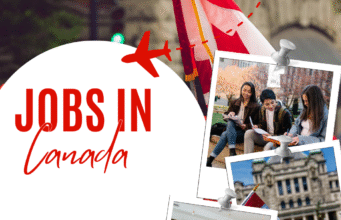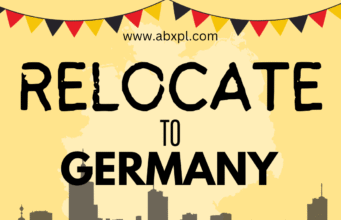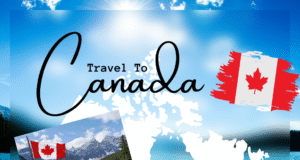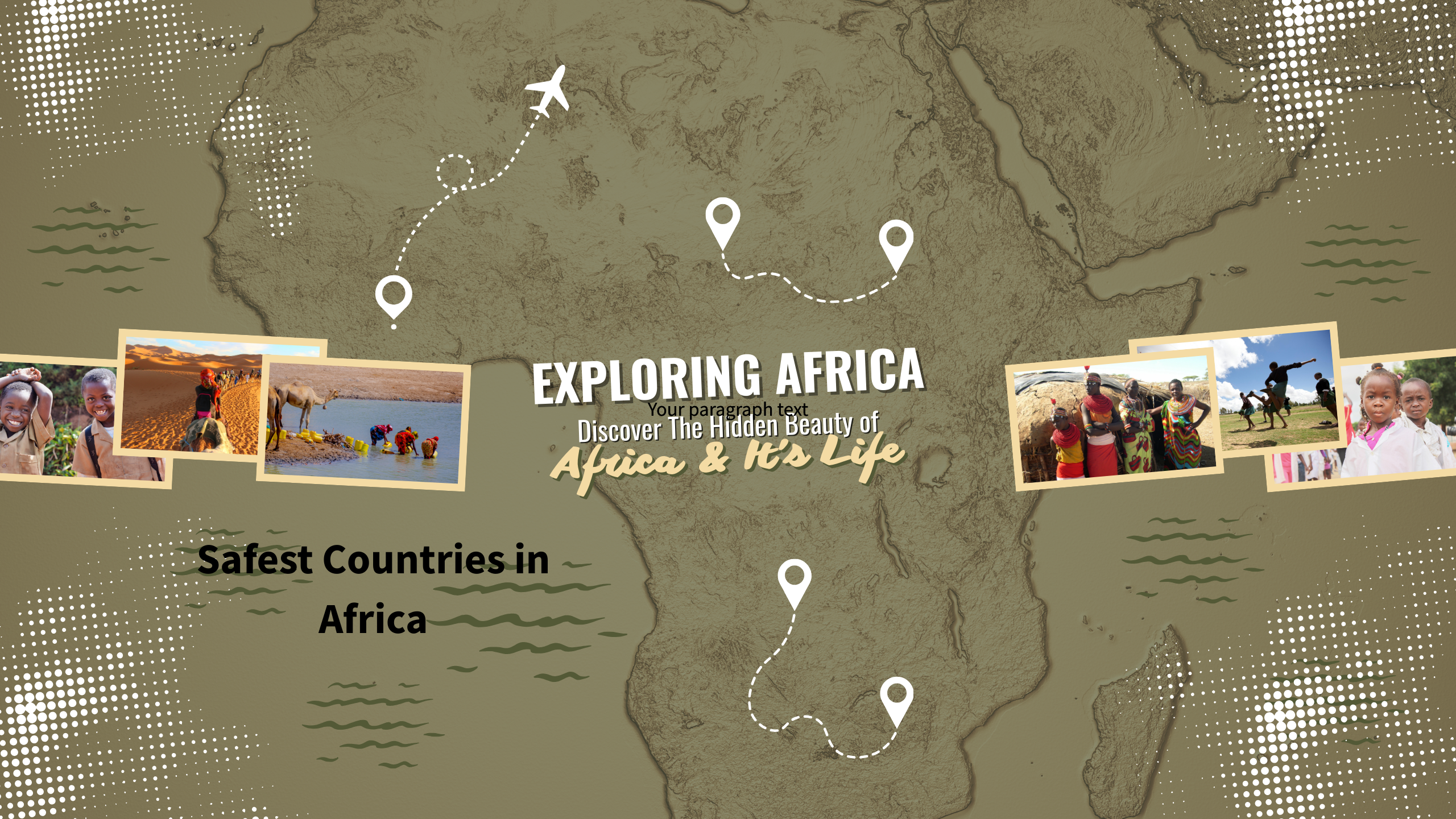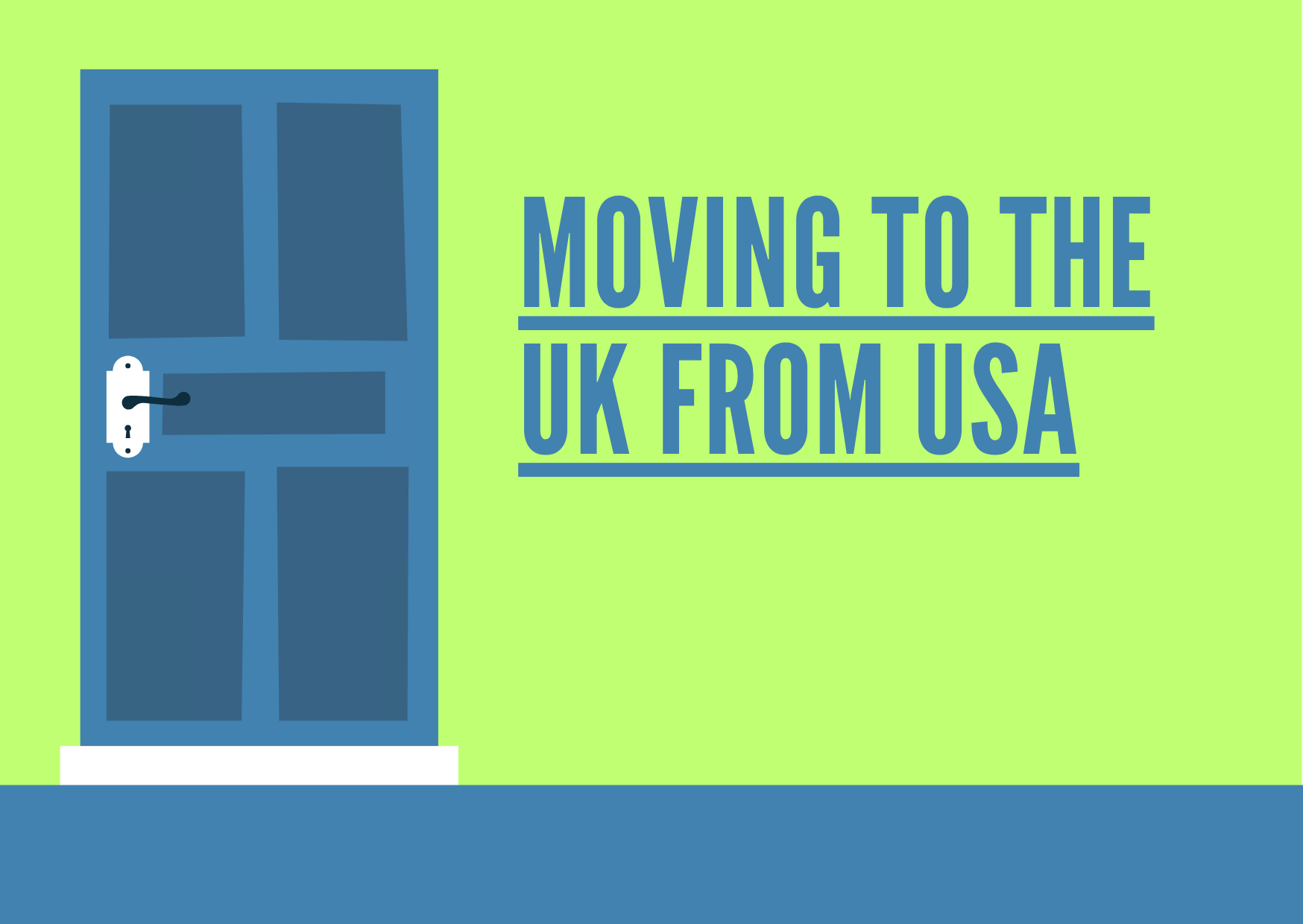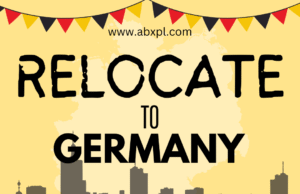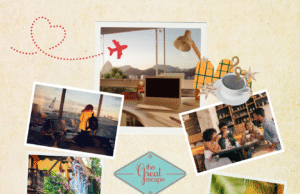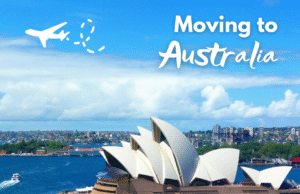Trending Now
Must Read
SafetyWing Travel Insurance Review 2025: Affordable Coverage for Digital Nomads and...
SafetyWing Travel Insurance: Everything You Need to Know in...
Canada Digital Nomad Visa 2025 – How to Apply, Live &...
Canada Digital Nomad Visa – Your Ultimate Guide to...
Cheap Places to Travel as a Student: The Ultimate Budget Travel...
Traveling as a student doesn’t have to be expensive....
Thailand Travel Guide Book: Ultimate 2025 Edition
If you’re planning your dream trip to Southeast Asia,...
Jobs in Canada with Visa Sponsorship : Unlock a Rare Opportunities...
Canada has consistently ranked as one of the world’s...
Scholarships in UK for Nigerian Students | 2025 Ultimate Guide
If you’re researching scholarships in UK for Nigerian students,...
International Travel Packing List: The Ultimate Guide for Stress-Free Adventures
When planning any overseas journey, having the right international...
Popular Destinations
Safest Countries in Africa for Travelers in 2025
When people think about traveling to Africa, one of...
Best Countries to Visit from UK – Top Travel Destination
When I think back to all the adventures I’ve...
Moving to the UK from USA: A Complete Guide for American...
Moving to the UK from USA is an exciting...
How to Travel to Canada from Nigeria for Free: A Comprehensive...
Are you wondering how to travel to Canada from...
How to Work Permit in Canada 2025: Step-by-Step Visa Guide
If you’re exploring how to work permit in Canada,...
South America Tour Packages | Exclusive 2025 Deals & Travel Guide
Introduction: Why Choose South America Tour Packages
When it comes...




